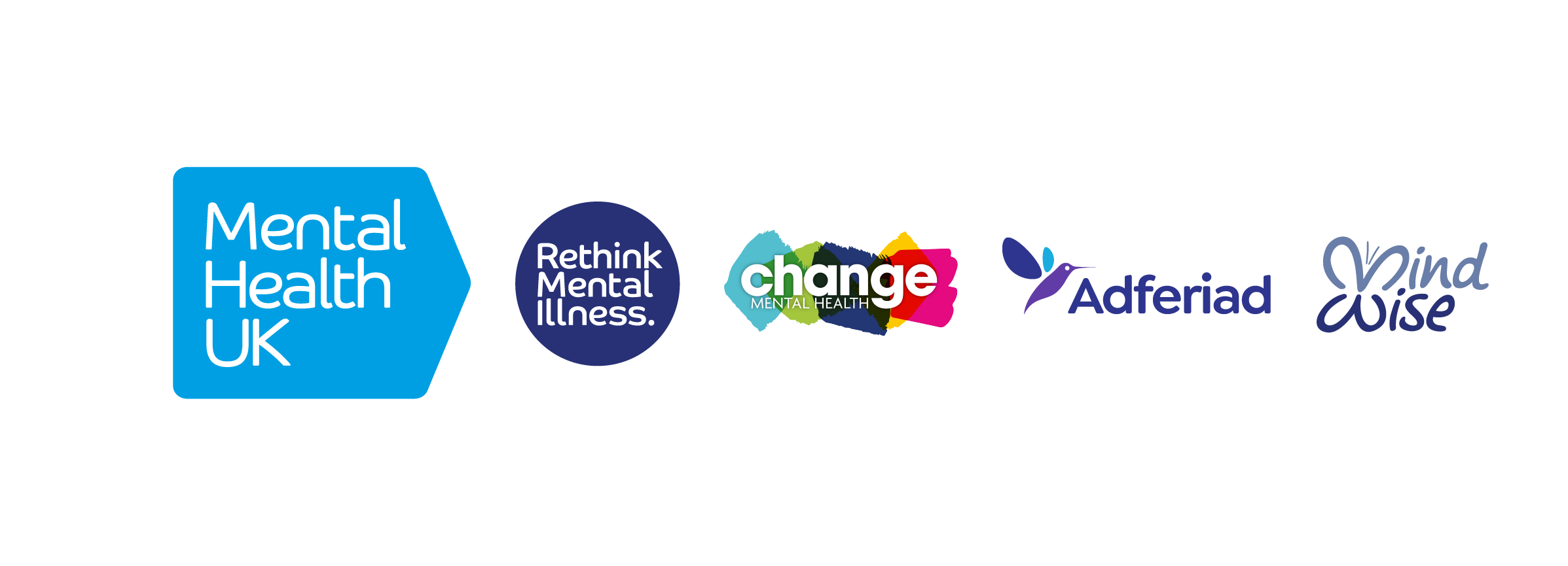- Home
- News & Blogs
- Current: Understanding Stress: A Guide for Stress Awareness Month
Do you need urgent help?
If you need to speak to someone right now, here are some confidential options which provide 24/7 support. If you're worried you might hurt yourself or someone else, please call 999, or go to your nearest A and E.
Childline
Helps anyone under 19 in the UK with any issue they’re going through. Childline is free, confidential and available any time, day or night.
0800 1111Samaritans
24 hours a day, 365 days a year. You don't have to be suicidal to call us
Understanding Stress: A Guide for Stress Awareness Month
Tue, 09 - April - 2024
Stress Awareness
In our fast-paced lives, stress has become an ever-present companion, influencing our daily experiences and impacting our overall well-being. From the pressures of work and personal responsibilities to unexpected challenges and global events, stress manifests in myriad forms, affecting individuals of all ages and backgrounds. The key to managing stress is understanding its intricate complexities and implementing evidence-based strategies to manage it.
Understanding Stress
At its core, stress is our body's natural response to external or internal pressures that disrupt our equilibrium. When faced with a stressor, whether it be a looming deadline, financial uncertainty, or interpersonal conflict, our brain initiates a cascade of physiological reactions designed to prepare us for action. This "fight or flight" response triggers the release of stress hormones, including adrenaline and cortisol, mobilising our resources to confront the perceived threat or flee from danger.
While this acute stress response serves a vital evolutionary purpose, prolonged exposure to stress can have profound implications for our health and well-being. Chronic stress has been linked to a myriad of physical and mental health issues, including hypertension, cardiovascular disease, depression, and anxiety disorders. Thus, understanding the underlying mechanisms of stress is essential for developing effective coping strategies and mitigating its adverse effects on our lives.
Identifying Stressors
Stressors come in various shapes and sizes, ranging from major life events to everyday challenges that test our resilience. Major life transitions such as relocation, job loss, or the loss of a loved one can elicit profound stress responses, disrupting our sense of stability and security. Additionally, ongoing stressors such as work-related pressures, financial worries, or relationship conflicts can compound our stress levels, leading to a pervasive sense of unease and tension.
Interestingly, the perception of stress can vary widely among individuals, with some individuals exhibiting greater resilience in the face of adversity while others may experience heightened vulnerability. Factors such as genetic predisposition, childhood experiences, personality traits, and social support networks all play a significant role in shaping our responses to stress. By identifying our unique stressors and understanding how they impact our lives, we can begin to develop tailored strategies for effectively managing stress.
Recognising the Signs: How Stress Manifests
Stress manifests through a diverse array of symptoms, encompassing physical, emotional, and behavioural domains. Physically, stress can manifest as headaches, muscle tension, gastrointestinal disturbances, fatigue, and changes in appetite or sleep patterns. Emotionally, stress may manifest as anxiety, irritability, mood swings, sadness, or a sense of overwhelm. Behaviourally, stress can lead to withdrawal from social interactions, increased substance use, procrastination, or difficulty concentrating.
Moreover, chronic stress has been associated with a host of long-term health consequences, including immune dysfunction, inflammation, metabolic disturbances, and an increased risk of chronic diseases such as diabetes, obesity, and cardiovascular disease. Therefore, recognising the signs of stress and addressing them promptly is paramount for safeguarding our physical and mental well-being.
Managing Stress: Evidence-Based Strategies for Resilience
Fortunately, there are a plethora of evidence-based strategies available for effectively managing stress and fostering resilience. These include:
Stress Awareness and Self-Reflection: Cultivating mindfulness and self-awareness can empower us to identify our unique stressors and develop adaptive coping mechanisms. Engaging in practices such as meditation, journaling, or guided imagery can enhance our ability to navigate stress with greater ease and clarity.
Stress Reduction Techniques: Incorporating stress reduction techniques such as deep breathing exercises, progressive muscle relaxation, or yoga can help alleviate physical tension and promote relaxation. These practices activate the body's parasympathetic nervous system, counteracting the physiological effects of stress and inducing a state of calmness and tranquility.
Lifestyle Modifications: Prioritising self-care activities such as regular exercise, adequate sleep, a nutritious diet, and leisure pursuits is essential for maintaining resilience in the face of stress. Physical activity, in particular, is a potent stress buffer, releasing endorphins and promoting a sense of well-being. Additionally, fostering social connections and engaging in enjoyable activities can provide a much-needed respite from the demands of daily life.
Cognitive-Behavioural Strategies: Cognitive restructuring, problem-solving, and assertiveness training are core components of cognitive-behavioural therapy (CBT), an evidence-based approach for managing stress and enhancing coping skills. By challenging maladaptive thought patterns and adopting more adaptive coping strategies, individuals can gain greater control over their stress responses and improve their overall quality of life.
Social Support and Connection: Cultivating supportive relationships and seeking assistance from friends, family, or mental health professionals can provide invaluable emotional and practical support during times of stress. Sharing our experiences and seeking validation from others can foster a sense of belonging and reduce feelings of isolation and loneliness.
Professional Intervention: When stress becomes overwhelming or begins to interfere with daily functioning, seeking professional intervention is essential. Mental health professionals such as psychologists, counsellors, or psychiatrists can provide evidence-based treatments tailored to individual needs, including therapy, medication, or stress management programmes. These interventions can equip individuals with the skills and resources needed to effectively cope with stress and improve their overall well-being.
Navigating Stress with Knowledge and Resilience
By deciphering the language of stress, identifying our unique stressors, and implementing evidence-based strategies for stress management, we can navigate life's challenges with greater ease and confidence.
Useful Links and support available









